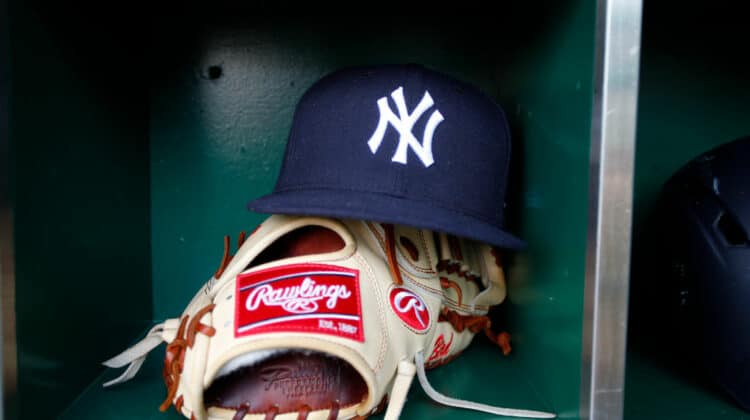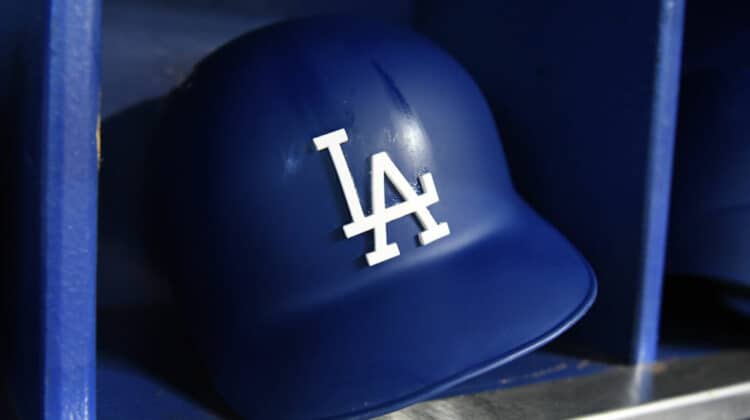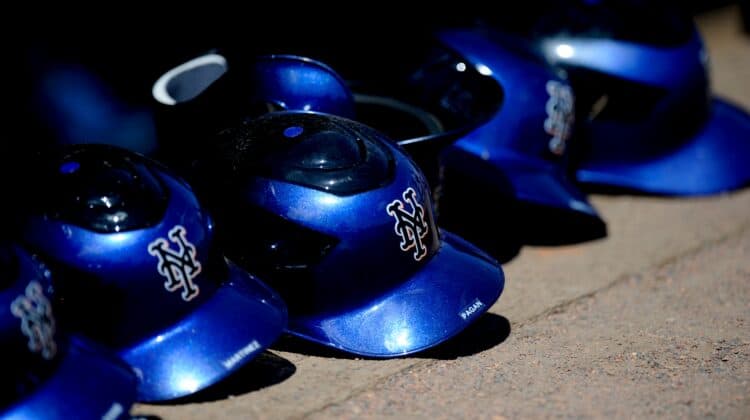
In 2021, former MLB All-Star pitcher Roger Clemens failed to receive the required number of votes to be elected into the National Baseball Hall of Fame.
This was significant because it was the ninth straight time Clemens missed the 75 percent mark needed for induction.
No player on the National Baseball Hall of Fame and Museum's 2021 ballot reached the 75% threshold needed for enshrinement. Leading vote-getters:
Curt Schilling – 71.1%
Barry Bonds – 61.8%
Roger Clemens – 61.6%They each have one more year of eligibility on the ballot. pic.twitter.com/silv5QdAKA
— ♑KD314♑ (@kendell_m) January 27, 2021
Due to a 10-year limit for a player to appear on the ballot, 2022 will be the last time Clemens is available for consideration by the Baseball Writers’ Association of America.
After that, only the Era Committees (formerly the Veterans Committee) can consider his induction into the Hall.
As he waits in nervous anticipation for the BBWAA’s 2022 vote, here is a quick look back at why the former Cy Young winner is not already in the Hall.
Steroids And The Mitchell Report
When Clemens retired in 2007, he owned 354 wins, a lifetime ERA of 3.12, and 4,672 strikeouts.
He won two World Series, was an 11-time All-Star, 7-time Cy Young winner, AL MVP, and was a two-time Triple Crown winner.
Clemens should have been a first-ballot Hall of Famer.
However, his bona fides would soon be called into question.
Only a few months after he retired, the Mitchell Report was released.
The report was the result of a 20-month investigation by then Senator George Mitchell to assess the depths of steroid and performance enhancement drug use in Major League Baseball.
In the report, 89 players were named who were found by investigators to have used PEDs.
Clemens was one of the 89.
Furthermore, former Yankees trainer Brian McNamee testified that he personally injected Clemens with the steroid Winstrol in the 1998, 2000, and 2001 seasons, when the pitcher was a member of the team.
Clemens denied the claims and cited the fact that he never tested positive for steroid use.
In February of 2008, both Clemens and McNamee testified before a Congressional committee.
During the testimony, Clemens again stated that he did not use steroids.
Those statements were counter to former teammate Andy Pettitte’s testimony.
Days earlier, Pettitte testified that Clemens had previously told him that McNamee had injected him with steroids.
That sticking point then led the Justice Department to investigate whether Clemens had lied under oath.
A federal grand jury met to hear evidence about his case in early 2009.
He would be indicted by the grand jury in August of 2010 for making false statements to Congress about his steroid use.
However, two years later, Clemens was found not guilty on all counts.
What Would Clemens’ Numbers Be Without The Help Of Steroids?
Clemens might have been found not guilty by a trial court.
The court of public opinion (and of baseball writers and voters specifically) is another matter entirely.
Recently, a study was conducted on behalf of ESPN by stats aficionado Dan Szymborski, who created the ZiPS projection system (which has been endorsed by MLB.com).
Essentially, ZiPS uses past performance and trends on how performance degrades with age to predict a player’s future performance.’
ESPN asked Szymborski to conduct a study on what Clemens’ career stats should be from 1998 (when he was first alleged to have used steroids) until his retirement.
Steroid Era Stats: In 2005 opponents batted .198/.261/.284 (838 PAs) against Roger Clemens & he was 42. pic.twitter.com/r1rqLZenoZ
— Stirrups Now! (@uniformcritic) August 21, 2015
After conducting the study, Szymborski’s results give us a better understanding of what Clemens’ stats should have been given the natural regression due to aging.
First, the ZiPS program projected that Clemens’ final season should have been 2004.
Then, of the 141 wins that Clemens was believed to have had after McNamee first injected him, ZiPS projected that Clemens should have only accounted for 85 wins.
That would put his lifetime win total at 298, two wins less than the magical 300 win mark.
It would also mean Clemens would move from ninth on the all-time wins list to 24th.
Finally, ZiPS projected that his innings pitched and WAR numbers would have drastically reduced given the natural age decline of a normal athlete.
Szymborski has admitted that the ZiPS system is not exact science.
However, studies he has conducted using ZiPS to project the career numbers of other MLB players have been accurate.
How Will The Voters Decide?
Despite the findings of Szymborski and his program, the BBWAA has more than likely made up their minds.
2022 is a big year for Hall of Fame candidates Barry Bonds and Roger Clemens who are documented PED users, but are still considered MLB greats. pic.twitter.com/fX3YDt0JRZ
— MLB Expert (@_MLBEXPERT_) December 13, 2021
Without knowing exact details, numbers might not factor much into their decision to keep Clemens out of the Hall.
It might simply be the fact that he has been accused of cheating and he has not done a good enough job convincing people otherwise.
The BBWAA will announce his fate on January 25, 2022.
NEXT: 3 Potential Landing Spots For Andrew Chafin























